When you invest in the stock market, one of the things you may hear about is dividends. But what are dividends in the stock market, and why do they matter? Let’s discuss everything you need to know about dividends in the stock market.
What Is A Dividend?
A dividend is a distribution of a company’s earnings to its shareholders. These payments are usually made quarterly based on their shares and dividend yield, representing a portion of the company’s profits.
A company’s dividend is decided by its board of directors and requires the shareholders’ approval. Usually, the cash dividends are paid out quarterly, but they can also be semi-annually or annually.
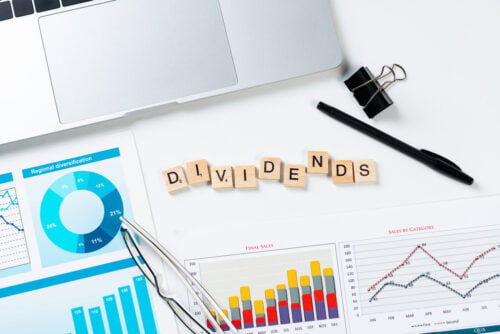
When a company declares a dividend payout, the shareholders get a portion of the company’s profits. The size of the dividend payment depends on how much profit the company has made and how much the board of directors decides to pay out to shareholders.
The amount of money that a shareholder receives from dividends is directly proportional to the number of shares that the shareholder owns.
So, if a shareholder owns 100 shares of a company and pays $1 per share in dividends, then the shareholder will receive $100 in dividends.
Types of Dividends
A dividend payment can be either cash or stock.
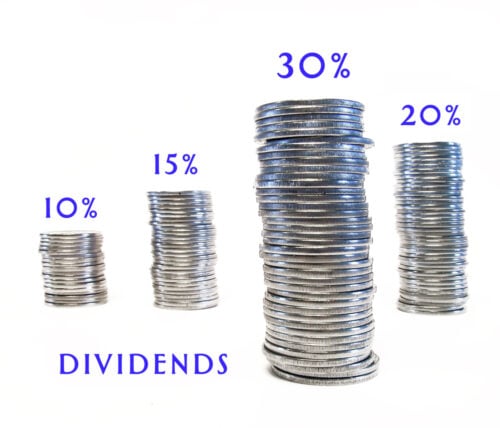
Cash Dividends
Cash dividends are the most common type of dividend and are simply cash payments to shareholders. Shareholders who own stock in the company are typically eligible to receive cash dividends.
Stock Dividends
Stock dividends are payments of stock shares to shareholders. These payments are usually made instead of cash dividends, and can be either partial or full.
Partial stock dividends represent a portion of the company’s profits, while full stock dividends represent the entire amount of the company’s profits.
Why Do Companies Pay Dividends?
Companies can reward investors who have helped them grow and build their businesses by paying dividends.
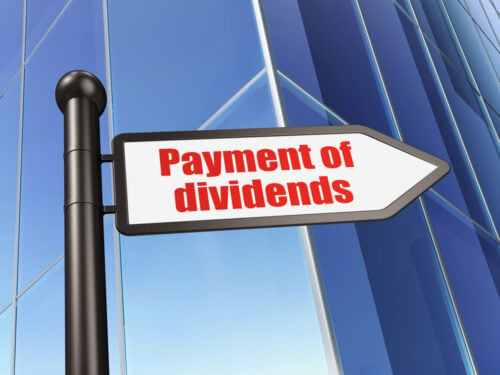
There are several reasons why companies may choose to pay dividends:
- To attract and retain investors: Dividends can help attract and retain investors, especially those who are looking for income.
- To signal confidence: By paying dividends, companies can signal to the market that they are confident in their future prospects, and stock price and have a healthy financial situation.
- To return cash to shareholders: Dividends provide a way for companies to return cash to shareholders, who may reinvest it in the company or use it for other purposes.
- To reward shareholders: Dividends can be seen as a way to reward shareholders for their patience and support, especially during tough times.
- To improve liquidity: Dividends can help to improve the liquidity of a company’s shares, making it easier for investors to buy and sell them.
- To generate goodwill: By paying dividends, companies can generate goodwill among their shareholders and the general public.
- To reduce tax liabilities: Dividends can help to reduce tax liabilities.
- To comply with regulations: In some cases, companies may be required to pay dividends in order to comply with certain regulations.
Drawbacks of Paying Dividends
There are also some potential drawbacks that companies should be aware of before paying dividends:
- It can lead to cash flow problems: If a company pays out too much in dividends, it can quickly lead to cash flow problems.
- It can reduce profitability: Dividends can reduce a company’s profitability, especially if they are not well-timed.
- It can signal that the company is in trouble: If a company suddenly starts paying dividends when it has never done so before, it can signal that the company is in financial trouble.
- It can reduce flexibility: Once a company starts paying dividends, it can become difficult to stop. This can reduce the company’s flexibility regarding how it uses its cash.
- It can be expensive: Paying dividends can be expensive, especially if the company is listed on multiple stock exchanges.
- It can be challenging to change the dividend policy: Once a company has established a dividend policy, it can be challenging to change it.
Dividend Stocks vs Dividend Funds
Dividend stocks are individual stocks that pay cash dividends to shareholders regularly.
Dividend funds, on the other hand, are mutual funds or exchange-traded funds (ETFs) that invest in dividend-paying stocks.
Both have pros and cons, but ultimately it’s up to the investor to decide which is right for their portfolio.
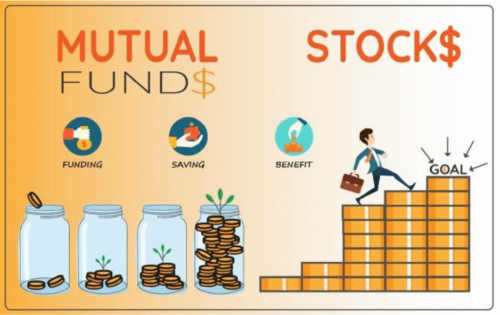
Dividend Stocks
Pros:
- Dividend stocks provide a steady stream of income that can help to smooth out the ups and downs of the stock market.
- Tend to be less volatile than non-dividend stocks, meaning they may be less risky in the long run.
- Offers tax advantages as the dividends are typically taxed at a lower rate than other forms of income.
Cons:
- They tend to be less liquid than other types of stocks, making it difficult to sell them quickly if you need the cash.
- Often more expensive than other stocks, meaning you may need to invest more money to get the same number of shares.
- Can be subject to special taxes, so it’s important to understand the tax implications before investing.
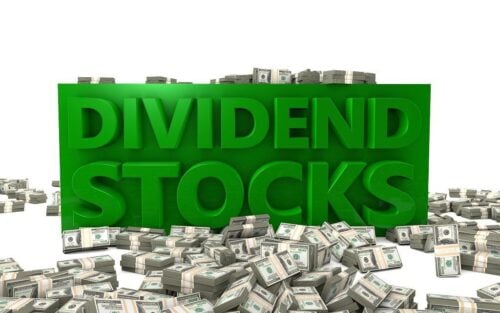
Dividend Funds
Dividend funds can offer many of the same advantages as dividend stocks but with some key differences.
Pros:
- They tend to be more diversified and therefore less risky than individual stocks since they invest in a basket of dividend-paying stocks.
- Typically managed by professional investors, they can offer a higher level of expertise than many individual investors can provide on their own.
Cons:
- Because they invest in a basket of stocks, they tend to be more expensive than individual stocks.
- Because professional investors manage them, they may be subject to higher fees.
- Because they are diversified, they may not provide the same level of income as a single dividend stock.
Final Thoughts: What are Dividends in the Stock Market?
Dividends are a critical component of stock market success. They provide stability and continuity for companies, giving investors assurance that their money is being put to good use.
By reinvesting dividends, you can create a steady stream of income that will help your portfolio grow in value over time. As always, we encourage our readers to do their own research before making any investment decisions.


 Tags:
Tags:










